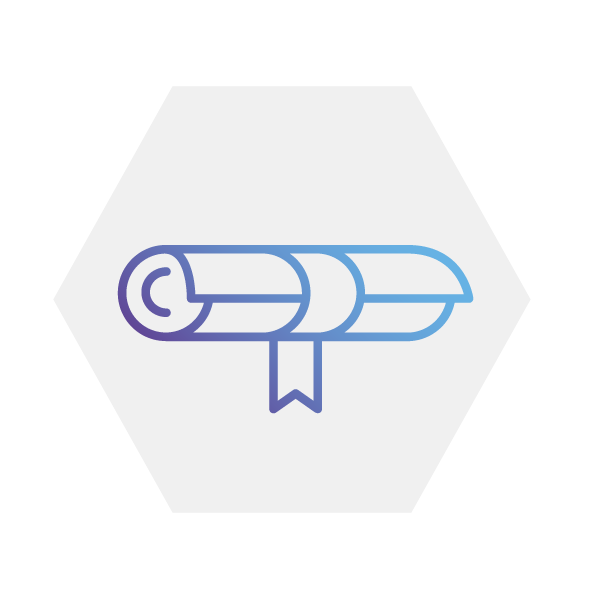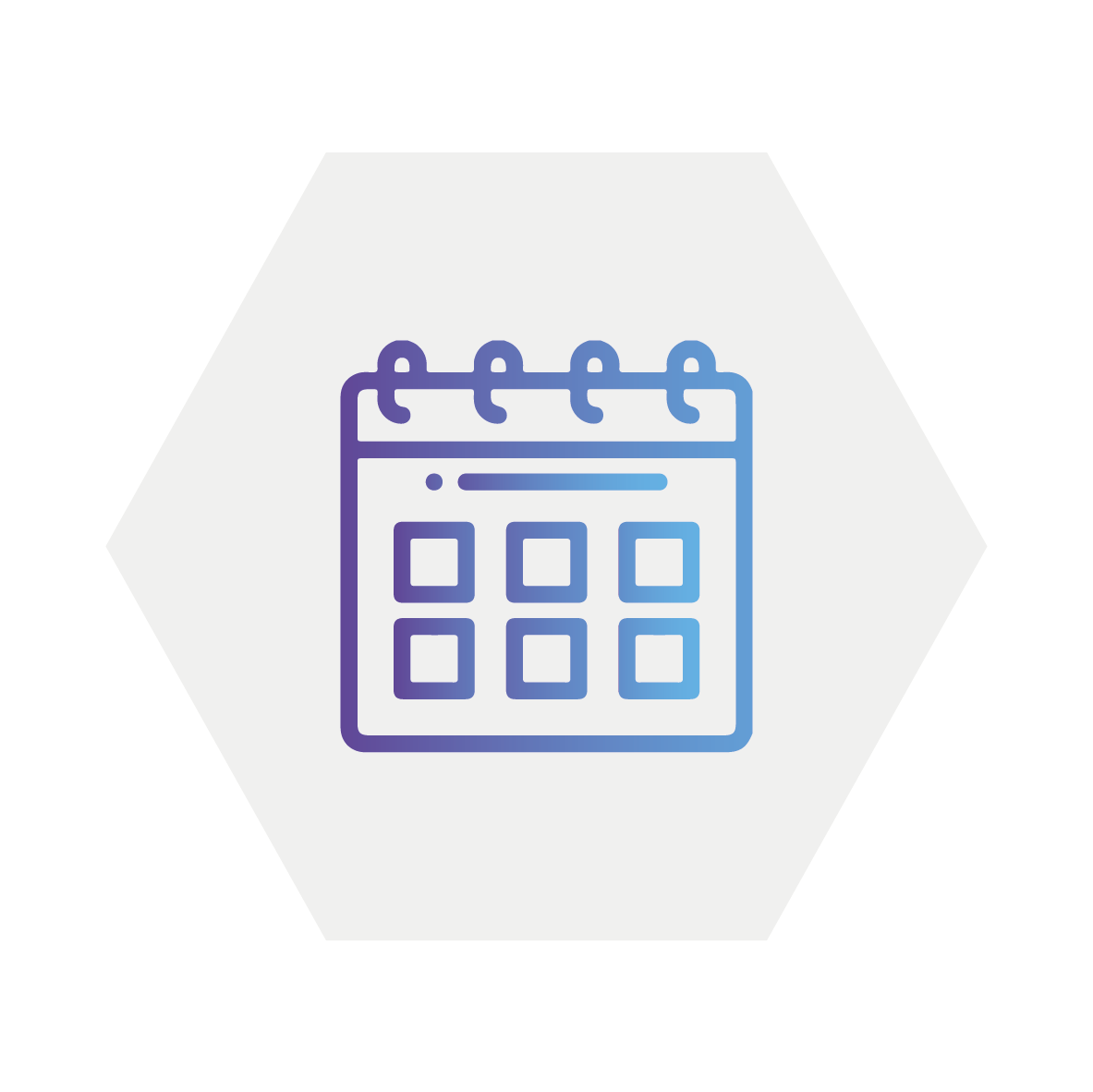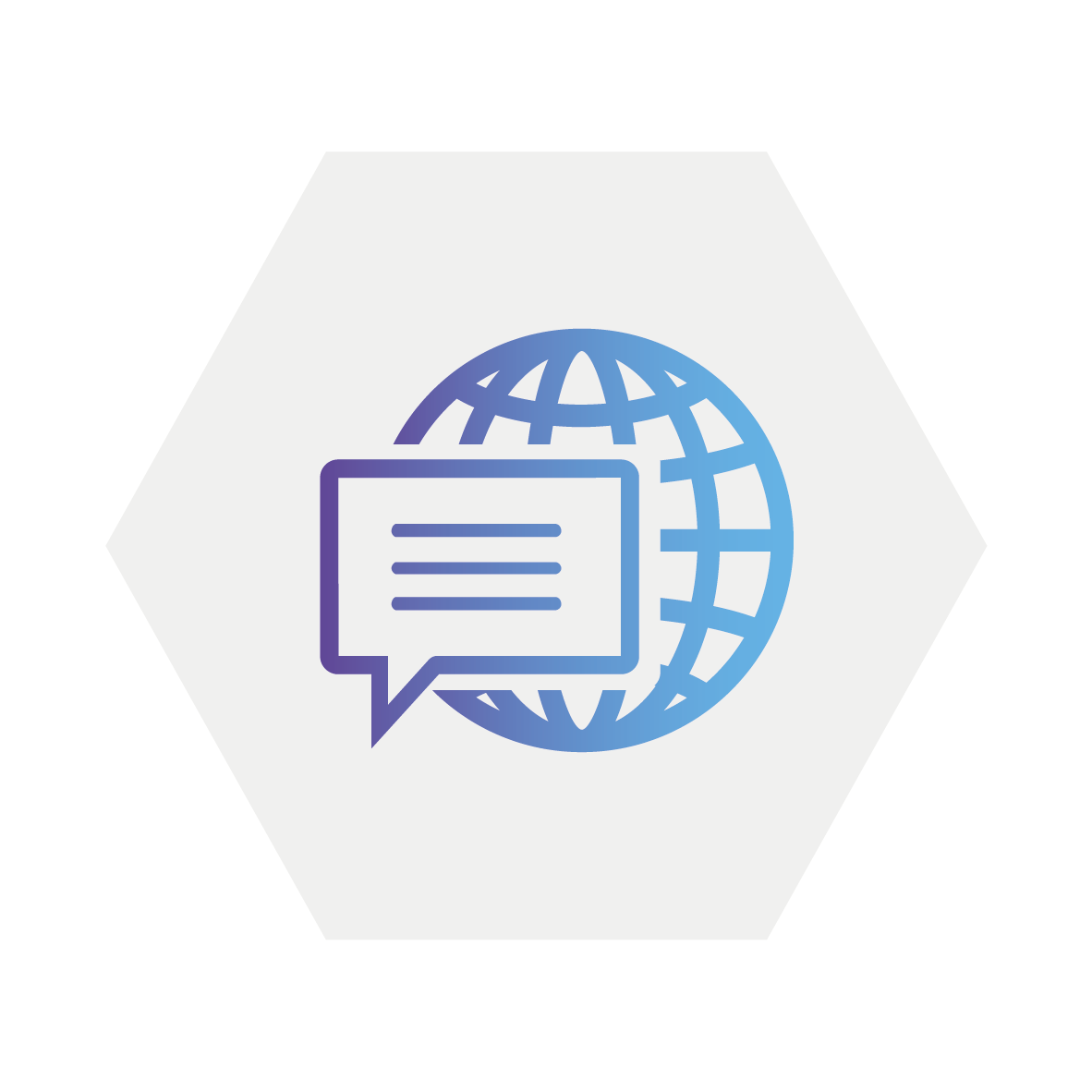Digital Factory: Developer Advanced
The training "Digital Factory - Developer Advanced" enables existing programmers to develop high-quality software.
In addition to techniques of the C# language, you will learn the concepts of object-oriented programming. The focus is on the correct use of OOP options and conveying a uniform understanding. You will learn to read and use modeling standards and to implement them practically in design patterns. Special focus is on test-driven development techniques and procedures to develop clean and maintainable applications. You will receive an introduction to the paradigm of functional programming and its use in C#. In the area of database development, we want to create a unified understanding of database design and normalization. With the help of practical exercises, you will learn to interconnect tables and, if necessary, to optimize complex statements.
In the field of web and API development, you will get to know Entity Frameworks (EF), a modern object database mapper for .NET. Hands-on exercises on LINQ queries, change tracking, updates, and schema migrations are part of it.
To be able to develop software efficiently, you will get to know tools from the areas of source code management, continuous integration and continuous delivery (CI/CD), testing and agile software development in general.
As part of a workshop, you will implement what you have learned in groups/pairs using agile working methods.

Contents
The training is divided into six modules:
Module 1: C#: Object-Oriented Programming (OOP)
- Introduction to OOP with C#
- Practical exercises on the following topics:
- data classes
- OOP: classes, inheritance, encapsulation, interfaces
- Visibility
- Constructors
- Overloaded constructors
- Overriding methods
- UML notation
- UML in practice with tools
- Static classes
- Helper classes
- Concept of functional programming
- Introduction to functional programming with LINQ statements
- Windows applications with WPF
- Design Patterns (GoF)
Module 2: Database development with SQL
- Introduction to SQL
- Classification into DDL, DML, TCL and DCL
- Retry CRUD operations
- Filtering with WHERE
- Normalization
- Key usage (PK, FK, AK)
- Create, change, delete tables
- Hands-on exercises with Microsoft SQL Server
- Cartesian products
Module 3: Web Development and Database Access with Entity Framework Core
- Concept of the Entity Framework (EF)
- Migrations
- Use of NuGet
- Delamination
- Database First vs. Code First
- Manage database access
- Various database types
- Access to NoSQL with Mongo DB (optional)
- Use Language Integrated Query (LINQ) in a targeted manner
Module 4: Tools and methods for efficient software development
- Source code management with Git
- Branching concepts
- Merge
- Forward and reverse integration
- Issue tracking with Jenkins
- Nunit testing framework
- Unit testing best practices
- Data driven testing
- Test Driven Development (TDD)
- Moq
Module 5: Application development workshop
- Planning an application using Razor Forms Application for CRUD
- Requirements Engineering (RE)
- User stories
- Personas
- Time estimation techniques (optional)
- Interface design and modelling
- Modeling with simple tools
- TDD approach
- Implement RESTful WebService according to specifications
- Application of Postman
- Unit and integration tests
Module 6: Continuous Integration / Continuous Delivery (CI/CD)
- Introduction to CI/CD
- Requirements
- Containerization
- Dockers
- Overview: What is Kubernetes (K8s)

Target audience
This training is aimed at programmers who are already working at Continental and would like to develop further in the field of software development.

Entry requirements
Requirements for participation are:
- Development experience with a common programming language, ideally such as C#, Java, Kotlin, Javascript or C++
- Basic programming knowledge in C#.NET and experience in creating software (at least 1 year project experience)
- You are familiar with SQL commands and relational databases (no in-depth knowledge required)
- Understanding of software architecture
- Employee at Continental
A notebook is required for this training. Please let us know if you would like to borrow a CITT device for the duration of the training.

Duration
22 days

Process
Virtual training

Pricing
3,108.00 EUR
This qualification is according to §82 SGB III Qualification Opportunities Act eligible for funding through the Federal Employment Agency.
Funding via education voucher:
- Training course cost subsidy up to 30%
- Wage subsidy up to 30%
- Funding levels are coordinated individually with the Federal Employment Agency
Requirements for funding:
- Highest educational qualification at least 2 years ago
- No use of subsidized qualification via the Federal Employment Agency in the last 2 years

Diploma
CITT certificate

Appointments
The next course starts will be announced soon.

Language
This training will be offered in German.
Are you interested?
Then take your chance and register now!

